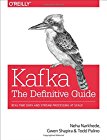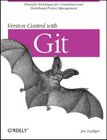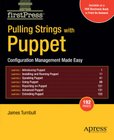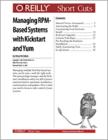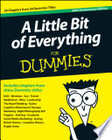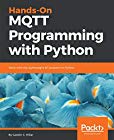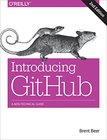
Once, when I picked up a book from the local library, the librarian asked to tell her what I thought about the book when I would bring it back. Well, why not write a few lines about all the books I read so everybody could see what I thought about it? I'm often also happy to have friends recommend a certain book or tell me this and that is not really worth reading. I won't comment about the tons of books I have read so far, but about books I read from now on.
| highly recommended | sehr empfohlen | |
| good reading | gutes lesematerial | |
| average | durchschnittlich | |
| not too interesting | nicht allzu interessant | |
| recommended not to read it | empfehlung das buch nicht zu lesen |

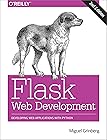











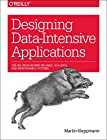
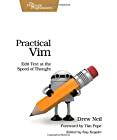


















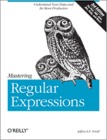


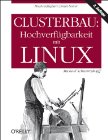


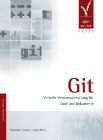









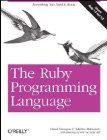












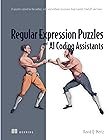





















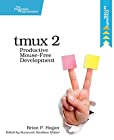






























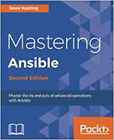



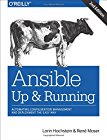



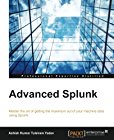












 |
|
|---|---|
| title | The Great Game of Business |
| author | Jack Stack |
| ISBN-10 | 1-781-25152-5 |
| ISBN-13 | 978-1-781-25152-2 |
| ASIN | B00DIZQVP2 |
| rating | |
| date | 2013-Aug-28 |
Jack Stack has not only saved a company from closing down, but at the same time developed a different way of managing a business. His way is an approach of openness, fairness and involvement right down to the bottom. An approach, which I think can work very well and actually do wonders for the health of an enterprise, even though, by only having read the book and not seen this in action, I'm a bit sceptical of the constantly described enthusiasm of every employee.
This definitely is an "American book", full of enthusiasm and lots of repetitions (tell the readers a hundred times and the hundred and first time they'll start to believe it), but it is better than many other "guides"; it is not only a list of "do this, do that", but also the story of the first successful implementation of this approach. What I found refreshing, compared with other "guides", is the fact that it also openly shows some wrong paths taken by Jack himself, the worries he had, etc. This helps a lot to understand why he recommends to do some things this and not another way. It also makes him more human by openly acknowledging that he had fears too and took a few wrong turns.
If you read the book, please do yourself a favour and read it all. Some things are only explained in the later chapters (such as downsizing, which I think is one of the most important aspects). This "explaining later" is not at all a shortcoming, it fits perfectly; the sequencing is very logical, exactly in the order you're likely to hit the various issues.
I've read the updated edition, which has an additional part in the form of a story detailing the introduction of this system in a fictious company. There's nothing new in this part and the book does not gain any more value from it, except, maybe, the references to online tools strewn throughout the part. However, I have not checked these tools and references and can not comment on them.























































































